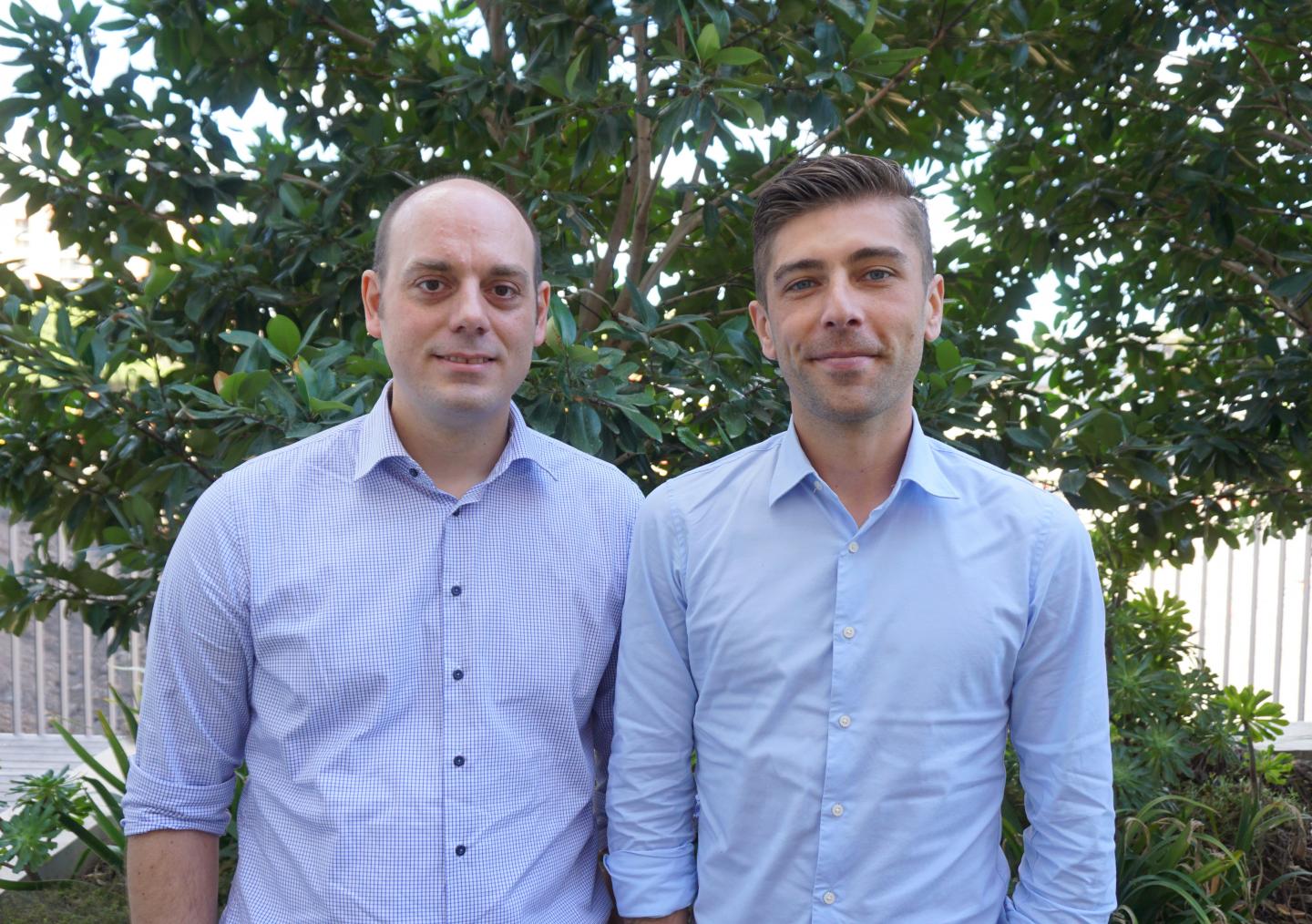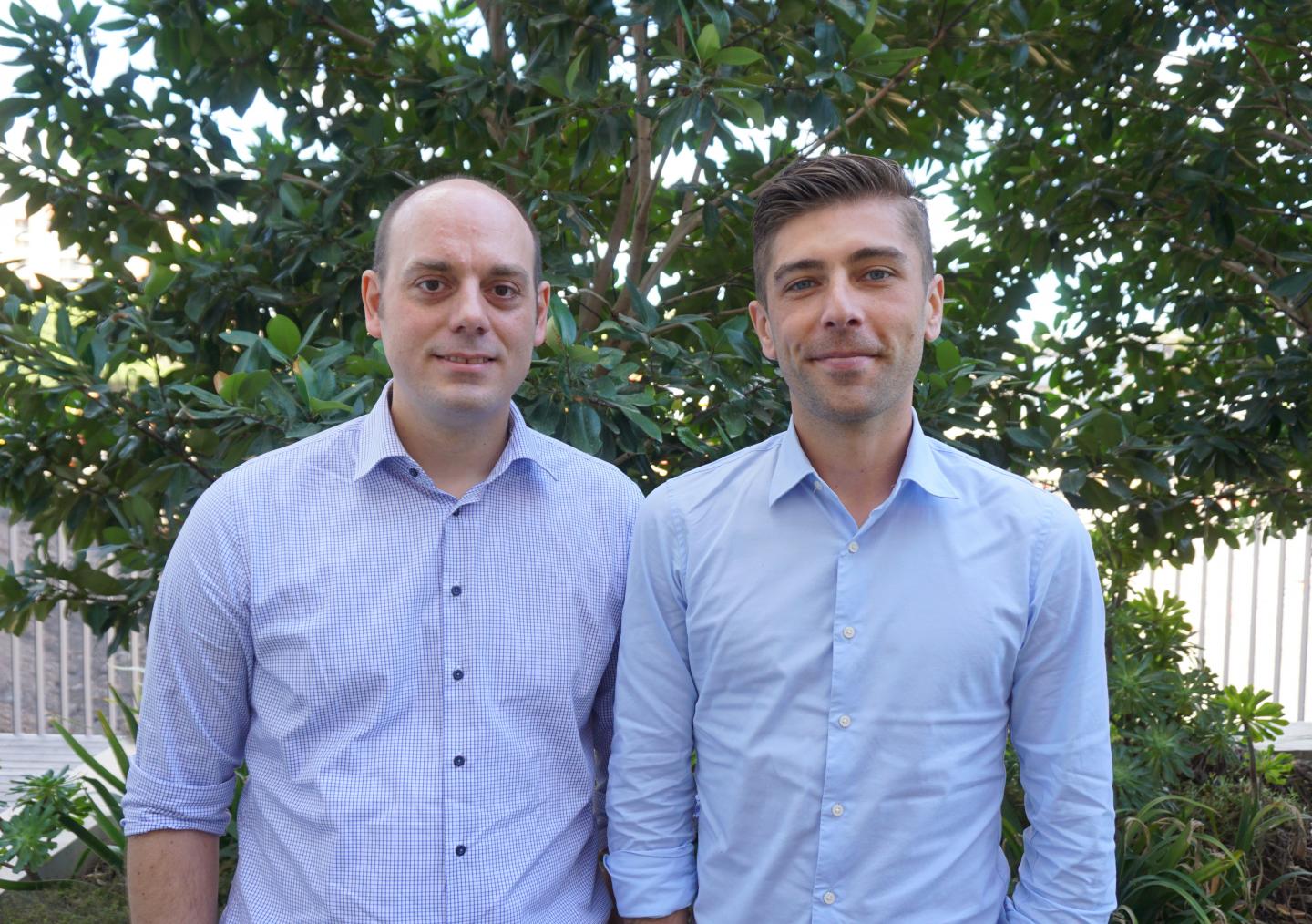
Credit: The Westmead Institute for Medical Research
New research from the Westmead Institute's Storr Liver Centre in collaboration with the Centre for Virus Research and Kirby Institute has shown that serum zinc may benefit liver disease in a way we never expected.
The study, led by Dr Scott Read and Associate Professor Golo Ahlenstiel, demonstrated that zinc naturally inhibits the inflammatory and antiviral effects of interferon lambda 3 (IFN-λ3), a protein strongly associated with tissue damage in chronic liver disease.
Lead author of the study, Dr Read, said the study provides the first evidence that zinc can act as a potent and specific inhibitor of IFN-λ3 in the context of viral infections such as hepatitis C and influenza.
"We have demonstrated that zinc inhibits numerous facets of the liver's immune response to viruses that may be mediated by IFN-λ3."
"Zinc interferes with IFN-λ3 binding to the interferon lambda receptor, which results in decreased antiviral activity and increased viral replication both in vitro and in vivo.
"Interestingly, zinc also blocks the inflammatory activity of IFN-λ3, which has been strongly linked to accelerated progression to liver cirrhosis in viral and non-viral liver disease.
"Our data suggests that serum zinc levels in patients with chronic hepatitis C are genetically predetermined by the IFN-λ3 polymorphism, confirming the inhibitory role of zinc in vivo.
"The data highlights the potential for zinc to be used as a simple and effective treatment against acute and chronic inflammation in the liver," Dr Read concluded.
Associate Professor Ahlenstiel and his team are now working towards a therapeutic intervention for IFN-λ3-mediated chronic disease.
This research was published online in Nature Communications.
###
Media Contact
Leesa Maroske
[email protected]
61-286-273-030
@TheWestmead
http://www.westmeadinstitute.org.au/
############
Story Source: Materials provided by Scienmag





